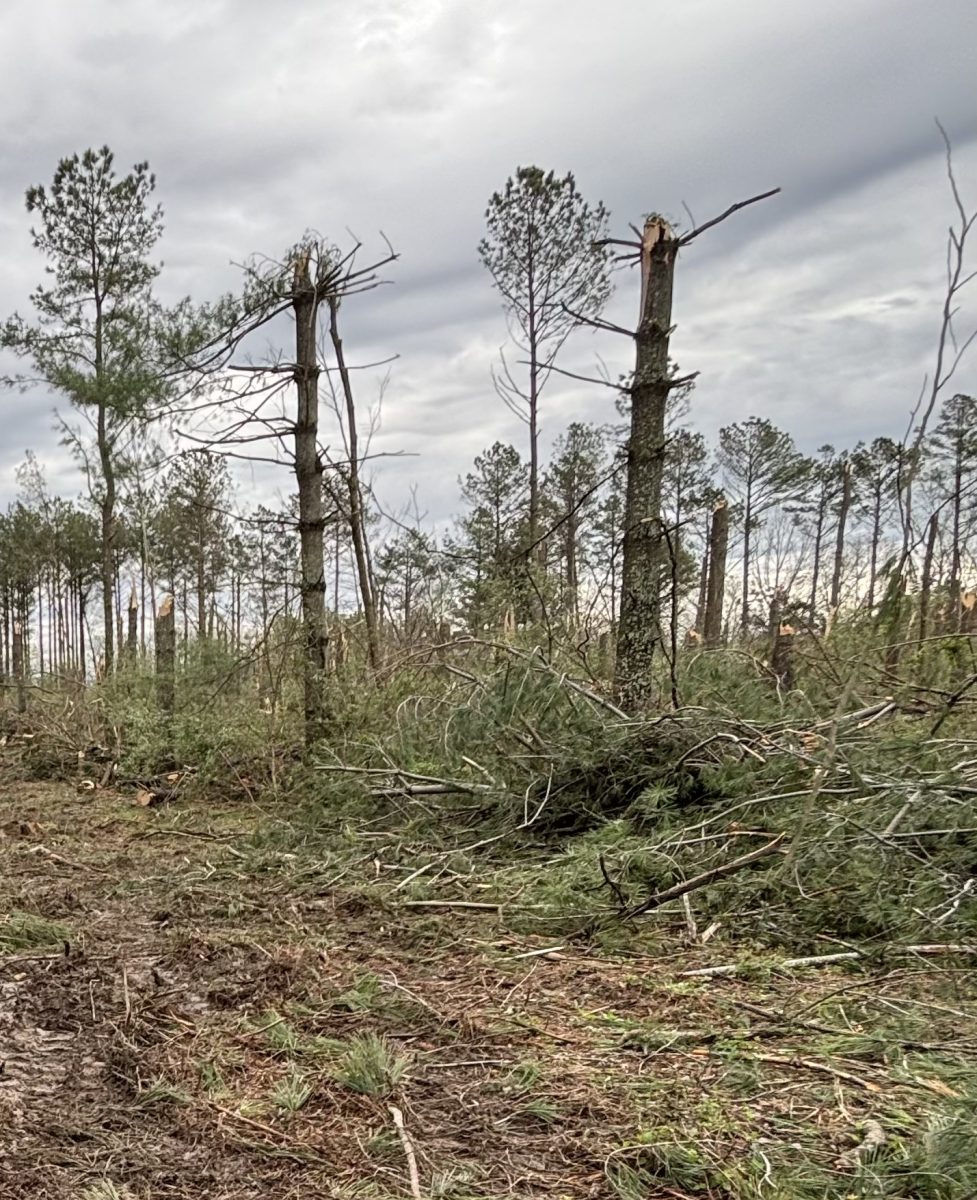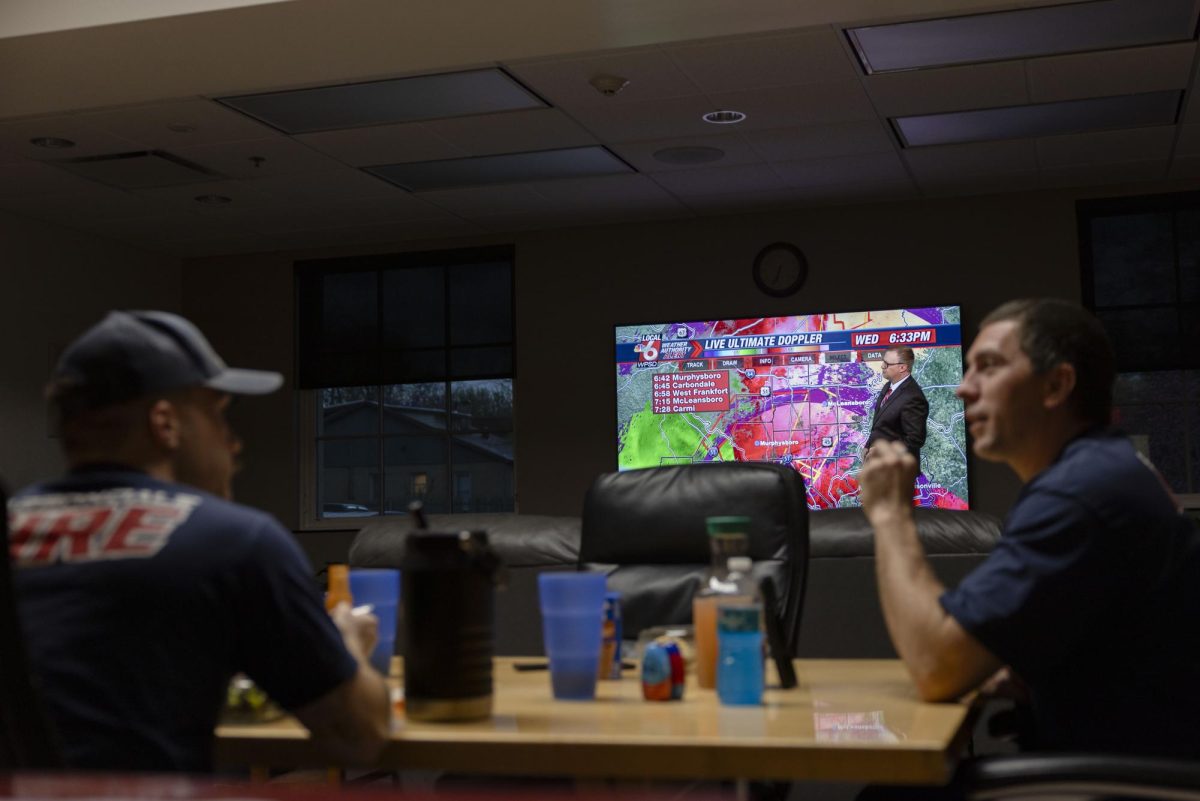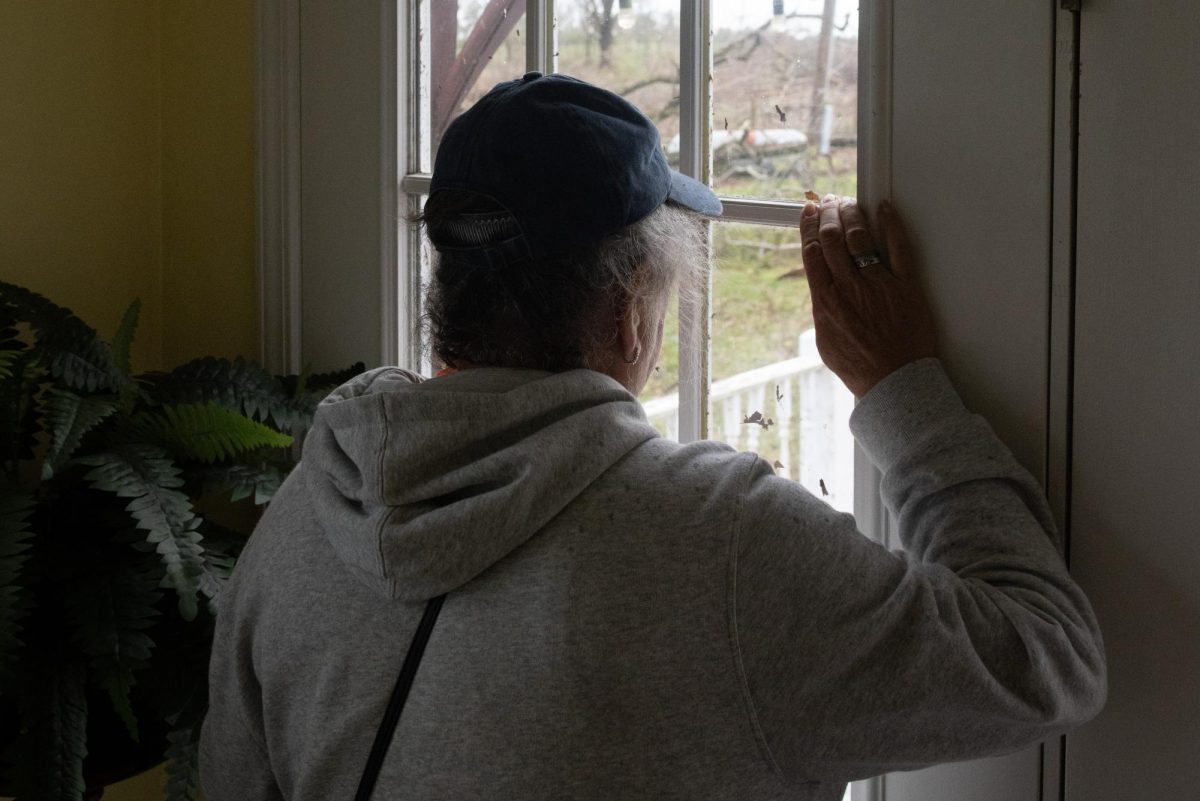Campus Habitat heads into foreclosure foreclosure
January 17, 2012
Campus Habitat’s retreat from Carbondale has continued with at least three of their properties going into foreclosure and one being closed.
Both of the buildings on Freeman Street have been the subject of a protracted struggle between the city and Campus Habitat over safety issues. The conflict came to a head in the fall, with the buildings coming close to being vacated twice and the New York-based company being fined for $30,000 in Jackson County court.
In December, the company’s buildings at 600 W. Freeman St. and 716 University Ave. went into foreclosure and the lender, First Internet Bank, requested a court receiver, or the person appointed to manage the property during the foreclosure process, said Terry Fulk. Fulk was appointed to the position Dec. 21.
Advertisement
The building at 820 W. Freeman St. also went into foreclosure, and Rolf Schilling was appointed receiver for the lender, U.S. Bank.
U.S. Bank directed Schilling to close the building after being appointed because there were only a couple tenants left, who were already searching for other housing, he said.
Campus Habitat had moved most of the tenants to its other properties, including 600 W. Freeman St., he said.
In November, Campus Habitat hired third party management firm, United Campus Housing out of Austin, Tex., to manage its properties at 600 W. Freeman St., 716 University Ave. and those on Wall and Graham Streets.
However, their contract was severed by the lenders when they took over the buildings, Wesley Deese, chief operating officer for United Campus Housing said in an email.
For now, the receivers are managing the buildings.
Fulk said although the buildings he’s managing are still branded Campus Habitat, the old owners have nothing to do with the buildings anymore.
Advertisement*
There will be a meeting with tenants next week to update them on what’s happening with the buildings after they’ve had time to move in, he said.
While the foreclosure process moves forward, Fulk said he’s focusing on several deferred maintenance issues, including replacing windows, general cleaning and repairing the heating system.
“Basically, I’m going to make sure the property doesn’t depreciate in value,” he said.
During the foreclosure process, the buildings must be self-sufficient and maintenance paid for with their rent income, Fulk said.
Fulk said he relieved the staff, which at that point mostly consisted of tenants serving as community assistants, when he assumed management. He then hired his own staff and rehired some of the assistants.
When the foreclosure process is finished, which he expects to take around nine months, Fulk said the lenders will either sell the building or keep it. In the latter case, he would likely stay on as manager, he said.
Leases are generally transferable from one owner to the next, he said.
Schilling said the decision to close down 820 W. Freeman St. was the only reasonable course, as there were so few tenants left.
For now, he said he’s focusing on doing repairs to bring the building up to a safe condition, including roofing and winterization.
The city has been helpful so far with bringing the building up to code, he said.
Advertisement








